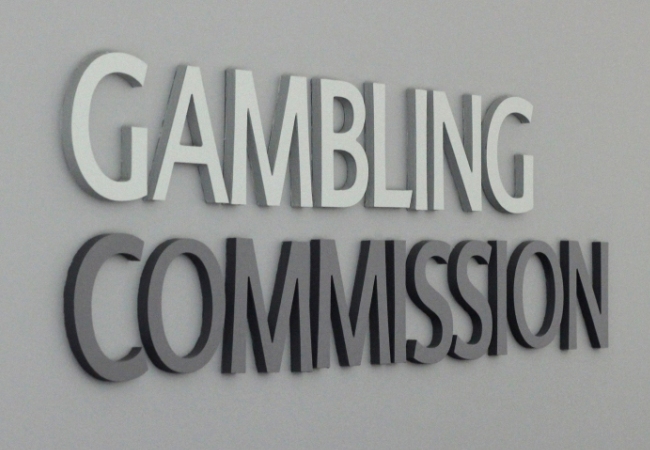The UK government has officially launched its review of the 2005 Gambling Act which will see stake limits, ad restrictions and the role of the Gambling Commission being considered.
The UK government has launched the review of the 2005 Gambling Act and will now begin considering new advertising restrictions, stake limits and the role of the Gambling Commission.
The Department for Culture, Media and Sport (DCMS) has launched a call for evidence, which will look at stake and spending limits and new rules for gambling-related advertising and bonuses, as well as further protection for younger adults.
The call for evidence will span 16 weeks until 31 March 2021 and the findings will be used to inform the proposed changes to the Gambling Act.
According to the DCMS: “The findings will be used to inform any changes to the Gambling Act 2005 to ensure customer protection is at the heart of the regulations while giving those that gamble safely the freedom to do so.
“The government recognises the need to balance the enjoyment people get from gambling with the right regulatory framework and protections.”
What will be considered in the review
The review of the Gambling Act will consider online player protection, advertising, sponsorship and branding, the Gambling Commission’s powers, age limits and verification, the land-based gambling sector and consumer redress.
The UK Gambling Commission’s role in the industry and powers will be under scrutiny “in order to ensure it can keep pace with the licensed sector and tackle the black market.”
Recently, the UK regulator has come under criticism from several bodies including the Public Accounts Committee and National Audit Office labelling the body as under-resourced. On top of this, the All-party Parliamentary Group on Gambling-related Harm has repeatedly criticised the body and called it “not fit for purpose.”
The government’s review will also look at the “action customers can take where they feel operators have breached social responsibility requirements.” For example, this could be for inadequate customer interventions.
As the Commission is also being scrutinized, this may indicate that the DCMS is looking at the concept of creating a gambling ombudsman that may focus on dealing with consumer issues. This would free up the Commission to focus solely on licensing issues.
The DCMS did not say loot boxes in video games were part of the review, but it noted that the government launched a call for evidence on loot boxes in video games back in September.
Oliver Dowden, secretary of state for digital, culture, media and sport, said that the gambling sector has changed greatly since the implementation of the 2005 Act which makes the review necessary.
Dowden said: “While millions gamble responsibly, the Gambling Act is an analogue law in a digital age. From an era of having a flutter in a high street bookmaker, casino, racecourse or seaside pier, the industry has evolved at breakneck speed.
“This comprehensive review will ensure we are tackling problem gambling in all its forms to protect children and vulnerable people. It will also help those who enjoy placing a bet to do so safely.”
Changes to the National Lottery’s minimum age
The minimum age to play the National Lottery will be raised from 16 to 18 by no later than October 2021. Due to the time frame, this will not be included in the review of the Act, but the DCMS will open consultation on the issue before it comes into effect.
According to the DCMS, raising the minimum age for the National Lottery is due to the level of change the Lottery’s portfolio of games has undergone since launching in 1994.
The government said this is due to a “significant change” in the way the lottery is played as more people are spending money on instant win games like scratchcards.
Minister for Sport, Tourism and Heritage Nigel Huddleston said: “We’re committed to protecting young people from gambling-related harm which is why we are raising the minimum age for the National Lottery.
“Patterns of play have changed since its inception, with a shift towards online games, and this change will help make sure the National Lottery, although already low-risk, is not a gateway to problem gambling.”
What has been done so far?
Dowden noted that the past actions taken by the Gambling Commission show that the government has been working to increase the level of plater protection in the UK gambling sector.
In 2018, the Commission announced the implementation of the maximum £2 stake on fixed-odds betting terminals (FOBT’s) following pressure from campaign groups and MPs. Then, last year, the Commission bought in new age and ID verification requirements and in January 2020 it introduced the ban on using credit cards to gamble.
Earlier this year, the Commission also launched consultations on safer game design and affordability which proposed an end to autoplay and quick spin features as well as clear thresholds for affordability checks.
Recently, a consultation on VIP schemes came to end and licensees are now required to carry out enhanced affordability and responsible gambling checks. The UK regulator also said that loyalty schemes may be banned if operators fail to comply with the new rules.







